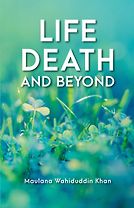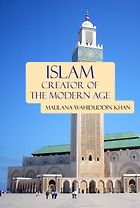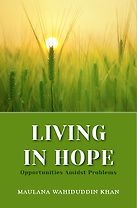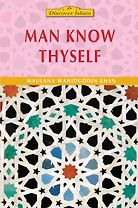and take us away.
Remembrance of death helps promote a sense of urgency. It is an incentive to do what we need to do soon because we
Popular search:
Search Results 9917 results


that is to come after death is eternal. But surprisingly, a person spends his everything to obtain what he regards as progress and comfort

at all!
Wise is he who understands this difference and who, while being in this world, does here what he has to and desires for the Hereafter that which can be had only there.

reckoning begins for him.” (Kanz ul-Ummal 42123) This means that death is not the end of life (contrary to what atheists, for instance, contend). Rather, it is to exit from one phase of life and enter into another

But the student doesn’t derive any joy from any of this. Even in what appears to be a beautiful, pleasure-filled environment he remains serious. This is because at that moment his sole concern is that

while the song I came to sing remains unsung.”
This feeling is found among almost every litterateur. What is the reason for this? The reason is that a human being is by nature an idealist. A person seeks

twelfth century under the title Algorimi de numero Indrum. From this book, the west first learnt of what we call ‘Arabic’ numerals, which ought to be called ‘Indian.’ The same author wrote a book on algebra

spent. No, it is better to ignore the injustice done to you, and to put your trust in hard work to get what you want out of life. It is perfectly possible that, through sheer diligence, you will succeed in

Secondly, the life after death is not visible to us. The world of today is an observable phenomenon, but what about the afterlife? If no one has actually seen it, how can we place implicit trust in its advent

further opportunity to struggle, and it must be borne in mind that the afterlife will never terminate. What a critical matter this is! If only man could come to a mature understanding of this before he died
Displaying items 8661-8670 of 9917 in total